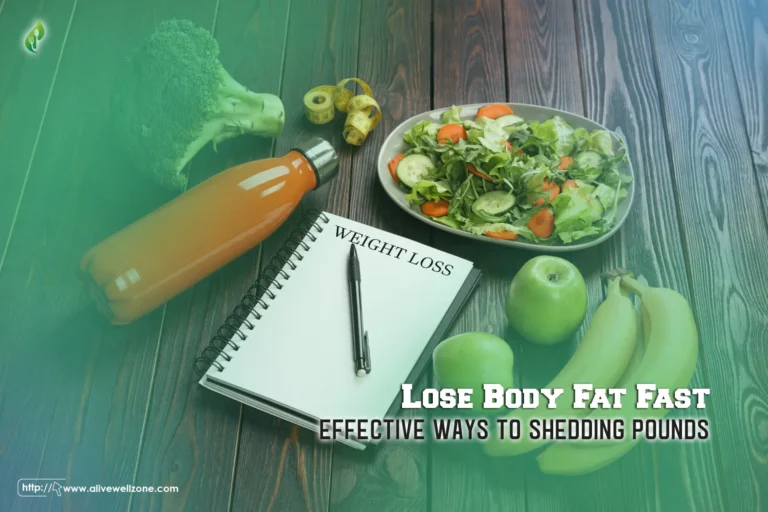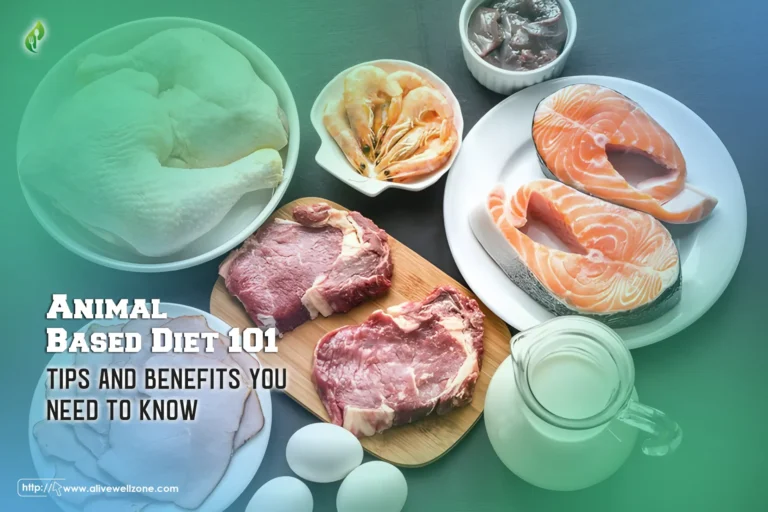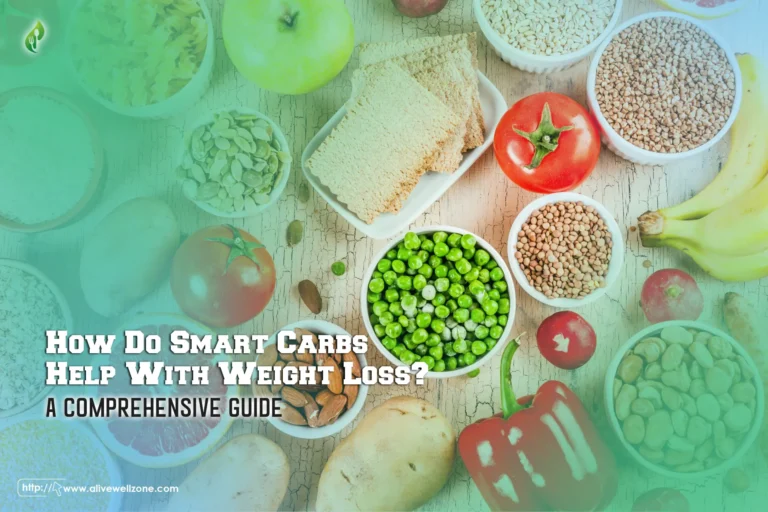
Weight loss is on the minds of many. And you probably might wonder if switching up your cheese choices could give your diet a boost. Research shows that eating foods high in calcium might help with weight loss. In that case, is Swiss cheese good for weight loss?
Swiss cheese is good for weight loss because it contains low fat and calories. Plus, it’s beneficial for bone health, a great protein source, rich in Vitamin B12 and Zinc, and improves dental health. However, it poses risks for heart health, diabetes, lactose intolerance, and high sodium intake.
Next, we’ll discuss the nutritional value of Swiss cheese and its benefits in detail. We’ll also discuss the potential risks of consuming Swiss cheese without moderation.
Nutrition Information of Swiss Cheese
Let’s first know about the nutritional value of Swiss cheese from the table —
| Nutrients | Amount in 1.5 oz (Approx. 1/4 cup shredded) |
| Calories | 103 |
| Protein | 7g |
| Total Fat | 8g |
| Saturated Fat | 5g |
| Cholesterol | 25mg |
| Sodium | 52mg |
| Total Carbohydrates | 1g |
| Calories from Fat | 68 |
| Key Nutrients | Vitamin A, Calcium, Vitamin B-12, Valine, Isoleucine, L-Tryptophan |
Is Swiss Cheese Good for Weight Loss?
Swiss cheese has about 90 calories per slice but is high in fat, making it less ideal for weight loss. One hundred grams of Swiss cheese, roughly five slices, packs 31 grams of fat, translating to about 6 grams per slice. Over half of this is saturated fat, found mainly in animal products and certain oils.
- Saturated fats, which are solid at room temperature, can raise cholesterol levels, and increase cardiac disease, high blood pressure, heart attacks, and strokes, as per the American Heart Association. When shopping for cheese, it’s better to choose a reduced-fat variety.
Swiss cheese also contains 185mg of sodium per 100g serving, which is considered low since foods with 400mg or more sodium are classified as high in sodium.
6 Benefits of Swiss Cheese

Swiss cheese offers several health benefits. Let’s explore these —
1. Improves Bone Health
Swiss cheese, like most cow’s milk cheeses, is rich in phosphorus. A 100g serving has about 575mg of this mineral. The National Institutes of Health highlights phosphorus is vital for strong bones and teeth, working alongside calcium and other minerals.

It also plays a role in balancing your body’s pH, cell structure, and more. Including phosphorus-rich foods like Swiss cheese in your diet supports bone strength, which is particularly important as you age or grow. Cottage cheese and cheddar are also good sources of phosphorus.
2. Excellent Protein Source
Protein is vital for your muscles, tissues, skin, and hair. And swiss cheese is a top choice for protein, containing all nine essential amino acids. Plus, eating a slice or two daily can improve your protein levels, aiding muscle strength.
Adequate protein intake is key for weight management and gut health.
3. Produces Red Blood Cells
Swiss cheese is a great source of vitamin B12, offering 3.02mcg in every 100g. This vital nutrient, which our bodies can’t produce on their own, is crucial for making red blood cells and DNA.
You’ll find vitamin B12 mostly in animal products like meat, fish, eggs, and dairy, though it’s also added to some plant-based foods like nutritional yeast. Adults generally need about 2.4 mcg of vitamin B12 daily.
4. Contains Zinc
Swiss cheese can also improve your immune system, thanks to its zinc content. With over 4mg of zinc per 100g, Swiss cheese helps in wound healing improves taste and smell, and supports metabolism.
Moreover, zinc’s main role is to strengthen your immune system, helping it fight off diseases. To further boost your immunity, combine Swiss cheese with vitamin C-rich foods like strawberries, oranges, and bell peppers.
5. Improves Dental Health
Swiss cheese, mainly made from cow’s milk, is packed with calcium, known for strengthening bones and teeth.
In 2015, the Caries Research Journal published a study focusing on the eating habits of children and adolescents, particularly their dairy consumption. The study found a link between higher dairy intake and fewer dental cavities.
However, since this was an observational study, it’s not clear if the dairy directly caused the reduction in cavities or if other factors were involved. More studies are needed to confirm whether dairy products like Swiss cheese can help prevent cavities.
6. Feels Full and Satiated
Swiss cheese, known for its rich fat and protein content, helps in making you feel satisfied after a meal. This cheese includes not just saturated fat but also healthier fats like monounsaturated and polyunsaturated fatty acids. These fats contribute to a sense of fullness.
Pairing Swiss cheese with high-fiber foods like whole-grain bread and vegetables enhances this effect. Despite its lower calorie count, Swiss cheese offers a rich, nutty taste, much like cheddar. It means you only need a small portion to enjoy its health benefits and delicious flavour.
Swiss cheese is generally safe to eat in moderation, but there are a few things to keep in mind. It contains fat, salt, and lactose, which might not be suitable for everyone.
1. Diabetes Considerations
People with diabetes should be cautious. If taken too much, swiss cheese’s fat content can affect blood sugar levels. So, you must balance it with their overall lactose intake and daily diet.
2. Lactose Intolerance
If you’re lactose intolerant, it’s best to avoid Swiss cheese. Like other dairy products, it contains lactose, which can cause discomfort like diarrhea, stomach pain, or bloating.
3. Sodium Content
Although Swiss cheese isn’t as high in sodium as some other cheeses, it still has a notable amount. People who follow a low-sodium diet should watch how much they eat.
Conclusion
So, is Swiss cheese good for weight loss? Yes, it’s great for weight loss as its protein helps you feel full, which may help you eat less. But, you should eat it in small amounts because it has fat, salt, and lactose. It’s really important for people with heart problems or who can’t digest lactose.
Besides helping with weight loss, Swiss cheese is good for your bones and is a good source of protein. When thinking about weight loss, remember to fit Swiss cheese into your overall diet and health needs.
It’s a helpful choice for weight loss, but it’s important to balance it with other foods.
FAQs
How much Swiss cheese is too much?
If you’re on a low-fat or low-calorie diet, it’s best to limit your cheese consumption to 1 ounce daily or 7 ounces weekly. Going beyond this can raise your risk of high cholesterol and blood pressure, among other health issues.
How many calories are in one slice of Swiss cheese?
A single slice of Swiss cheese, about 2g, has roughly 78 calories.
Are there any cheeses that are good for reducing belly fat?
For those aiming to lose weight, particularly belly fat, consider cheeses like Swiss, Feta, cheddar, low-fat cottage cheese, and parmesan. These cheeses are not only nutrient-rich but also low in calories. You can check how to lose belly fat fast and potentially cure diabetes







